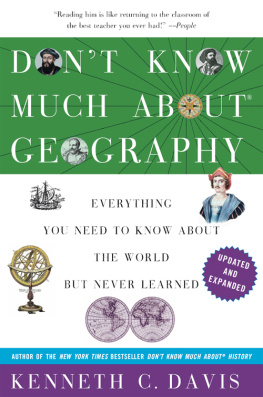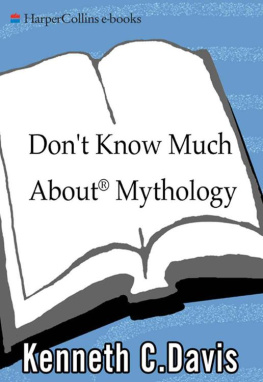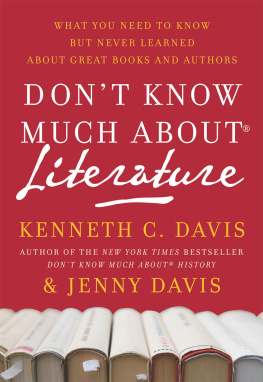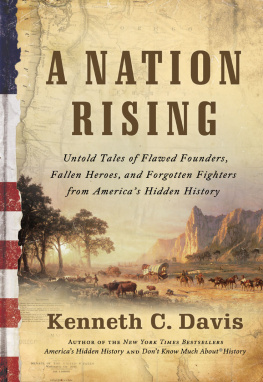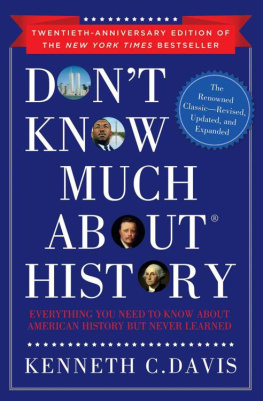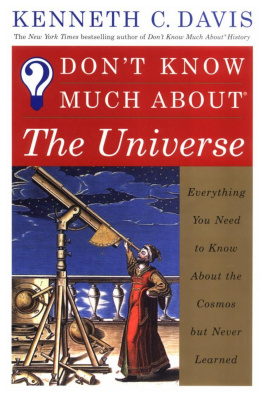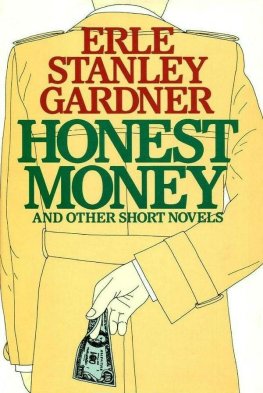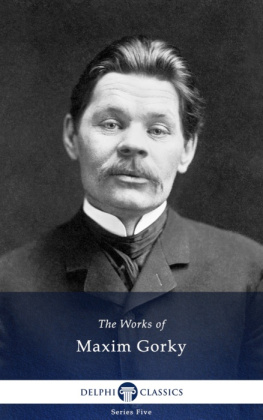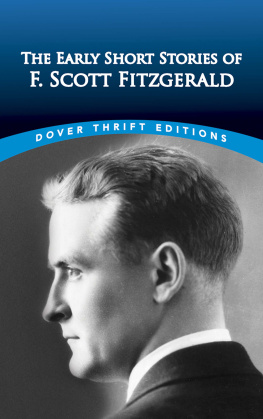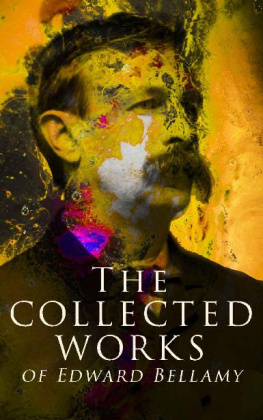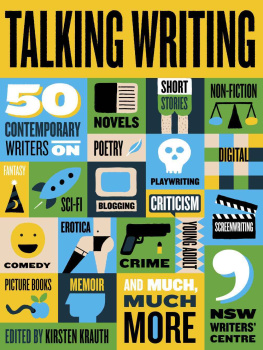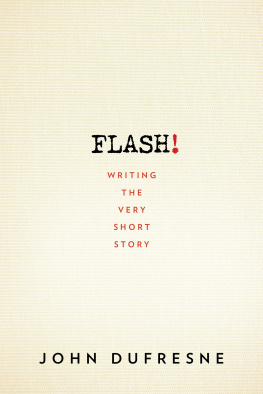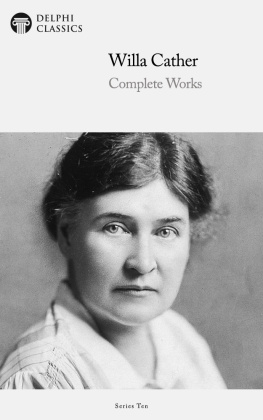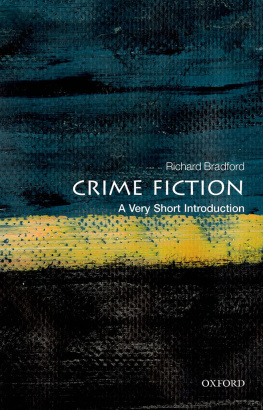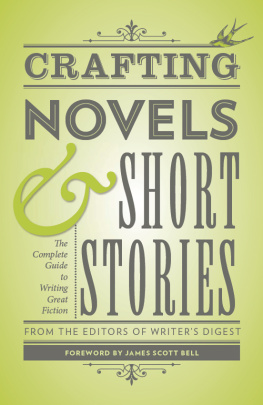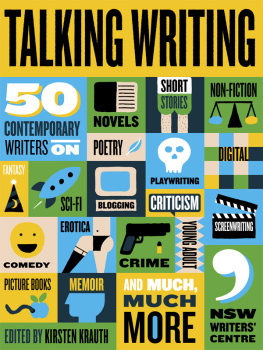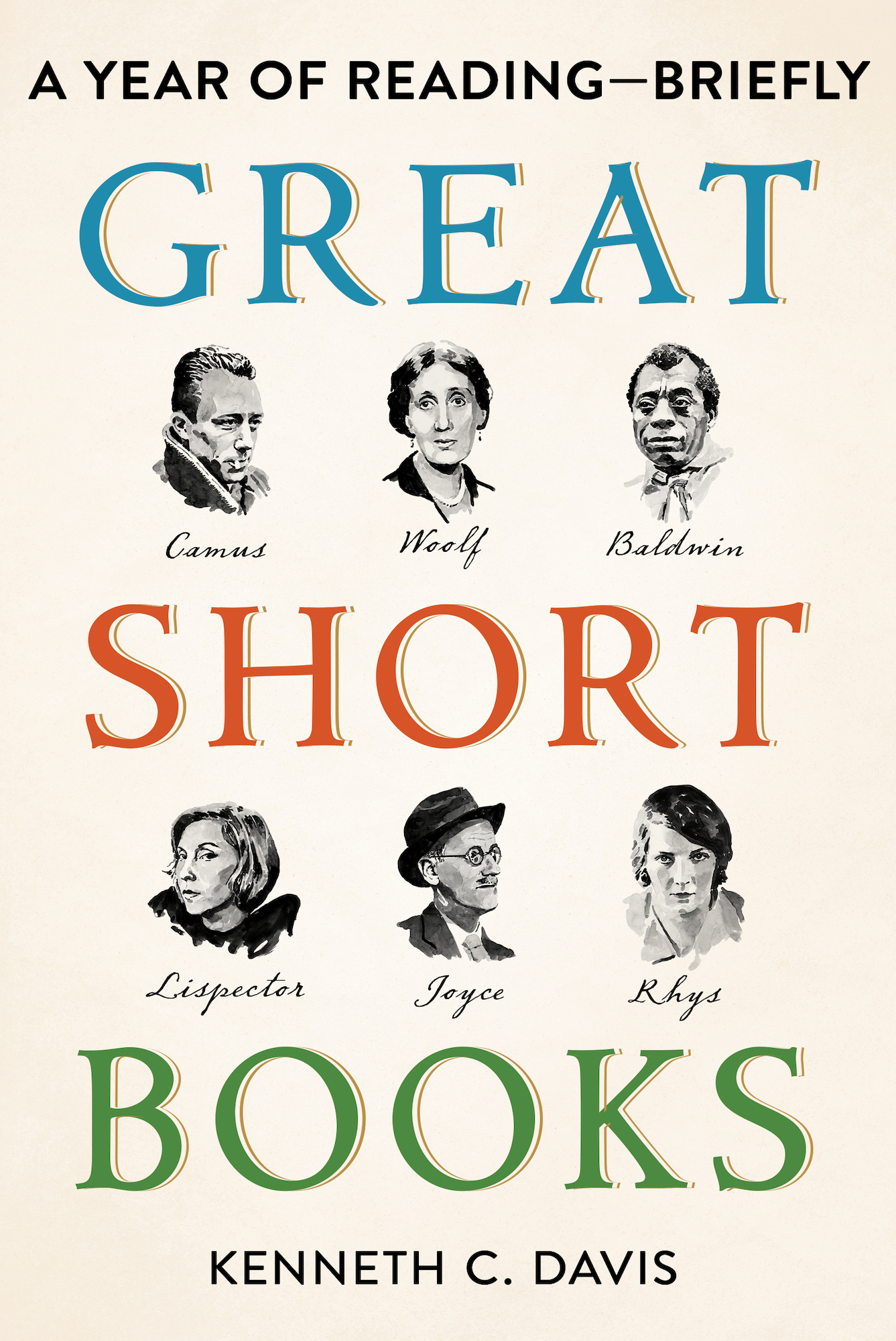Contents
Guide
A Year of ReadingBriefly
Great Short Books
Kenneth C. Davis
For my family
Joann
Jenny and Colin
Kit and Archer
In these tales will be found a variety of love adventures, bitter as well as pleasing, and other exciting incidents, which took place in both ancient and modern times.
Boccaccio, The Decameron
There should therefore be a time in adult life devoted to revisiting the most important books of our youth.
Italo Calvino, Why Read the Classics?
17. Omit needless words.
William Strunk Jr. and E. B. White, The Elements of Style
INTRODUCTION Notes of a Common Reader
T ime. We all wish we had more of it. To do errands. To hit the gym or take a long walk. To bake bread or whip up that recipe we clipped last year. And, maybe, to simply read. The intrusion of the screenfirst the big ones in our living rooms, then those sitting on our desks, and finally, the little ones many of us carry aroundhas made it more challenging to make space for the simple joy of getting lost in a book.
In our society, where it is hard to find time to do anything properly, even once, the leisurewhich is part of the pleasureof reading is one of our culture-casualties, writes novelist Jeanette Winterson. For us, books have turned into fast food, to be consumed in the gaps between one bout of relentless living and the next.
And then a pandemic made it even more challenging. For many of us, reading anything besides the deluge of newscatastrophically bad, between Covid-19 and the toxic political atmospherebecame increasingly difficult, particularly for those who felt compelled to doom scroll.
The pandemic changed the way we all think, feel, and behave. Sleep became harder. Our normal patterns of working and socializing were demolished by languishing, a term coined by sociologist Corey Keyes, and what psychologist Adam Grant called Zoom fatigue. We all stressed about finances, jobs, our childrens education, and the basic right to pursue happiness. These demands hit hard at our attention spans, which meant less time and motivation for reading, even though many experts advised this was the right prescription for what ailed us.
During the first months of the Covid outbreak in early 2020, and then as a bitterly contested presidential election tested the very soul of American democracy, I rediscovered the balm of reading fiction. Not as an escape from the constant press of dreadful news, but as an antidote. Fiction can provide insight, instruction, and inspiration, even as it takes our minds from the anxiety of the moment.
An expansive universe, fiction includes mystery, historical fiction, science fiction, fantasy, thriller, romance. For those who seek a complete education, reading fiction occupies a central pillar of our Cultural Literacy. For many people, that still means commencing with the classics, the so-called Great Books or Western Canon. You know those literary heavyweights we were all supposed to read and even reread: Anna Karenina, Bleak House, Pride and Prejudice, Middlemarch, and Moby-Dick. Not to mention all seven volumes of Prousts In Search of Lost Time.
Of course, some of those literary sacred cows have been supplanted by a new generation of modern classics, an alternative canon that is more inclusive of overlooked women writers as well as people of color and gay writers.
But lets get real. Even when were not in lockdown mode, many of us simply lack the energy, inclination, or patience to get through some of those illustrious but weighty tomes, in spite of our very best intentions. Whether you were inclined to read the old or new classics, I am reminded of Mark Twains definition of classic: A book which people praise and dont read.
Then I found a simple solution: short novels.
During an earlier plague, the Italian writer Boccaccio understood this basic truth: short is beautiful. As the Black Death struck Florence in 1348, Boccaccio began writing a series of stories he completed in 1353. Boccaccios Decameron is a collection of one hundred brief tales, each called a novella. In this masterpiece, ten charactersseven women and three meneach tell a story every day for ten days as they seek refuge from the plague in a villa near Florence. A combination of parables, adventures, and love stories, some quite bawdy and many skewering the Church and the priesthood, Boccaccios work was composed in the vernacular Italian. It remains a foundational text in Western literature.
Early in the pandemic, I began reading one tale a day from the Decameron. And I realized that Boccaccio was on to something. There is a liberating quality about brief tales told in the midst of a pandemic. From Boccaccio, I moved on to short novels.
At first, my reading was dictated by the books on my shelves, as the library and bookstores were also in lockdown and the very valuable and pleasurable act of browsing was out of the question. When my local branch of the New York Public Library reopened, it was one of the most liberating moments in the pandemic. I read as the books I had requested became available for grab and go. Praise the library! I soon had a stack of thirty booksthe librarys max checkouts allowed. Then my local bookstore, Three Lives & Company, reopened for five customers at a timeanother moment of jubilee.
In celebration of this tradition of plague-bound short narratives, welcome to Great Short Books: A Year of ReadingBriefly. Based on my reading experience over a year in lockdown, and considerable research into the world of literature, this survey offers a curated book lovers guide to some of the greatest short fiction from around the world and published in English.
Why short books?
A short novel is like a great first date. It can be extremely pleasant, even exciting, and memorable. Ideally, you leave wanting more. It can lead to greater possibilities. But there is no long-term commitment.
Short novels can often be read in one to several sittings. With careful rationing, they can be easily enjoyed at the rate of one book per week. And that is why I have chosen fifty-eight books: one for each week in the year plus six bonus books, the literary equivalent of the proverbial bakers dozen. That still means getting through fewer than five books per month. It is highly reasonable to suggest that most readers could easily navigate all of the titles in Great Short Books in a years time. Thus, a year of great readingbriefly.
Here you will find fifty-eight entries, each featuring a single work, listed in alphabetical order by title, along with the author and original year of publication. In addition, I have noted the publisher, publication year, and the page length of the edition I read. Several of my selections are works in the public domain and available from various publishers; others are more recently reissued editions. I also sought out the most current and authoritative English versions of translated works. This basic information is followed by the novels opening passages and a brief overview of the plot and actionNO SPOILERS! I once accidentally revealed the fate of Captain Ahab of Moby-Dick to my daughter. I have never lived down the ignominy of this grievous error.
Next comes a life of the author in which I offer a sense of how the authors times and circumstances are reflected in the work. It is impossible to encounter such writers as Alberto Moravia, Natalia Ginzburg, or Albert Camus among others without recognizing their confrontations with fascism and Nazis.


